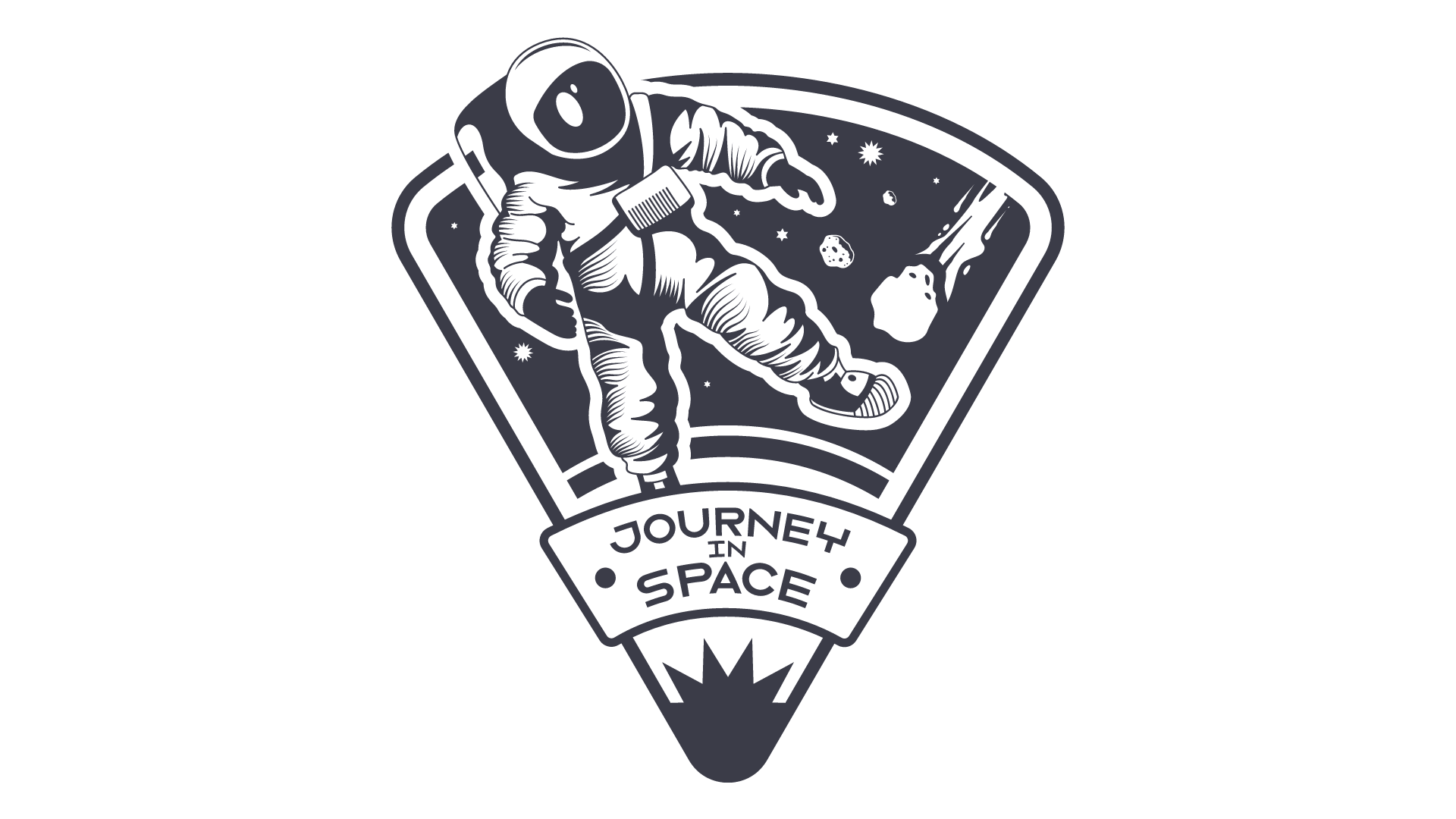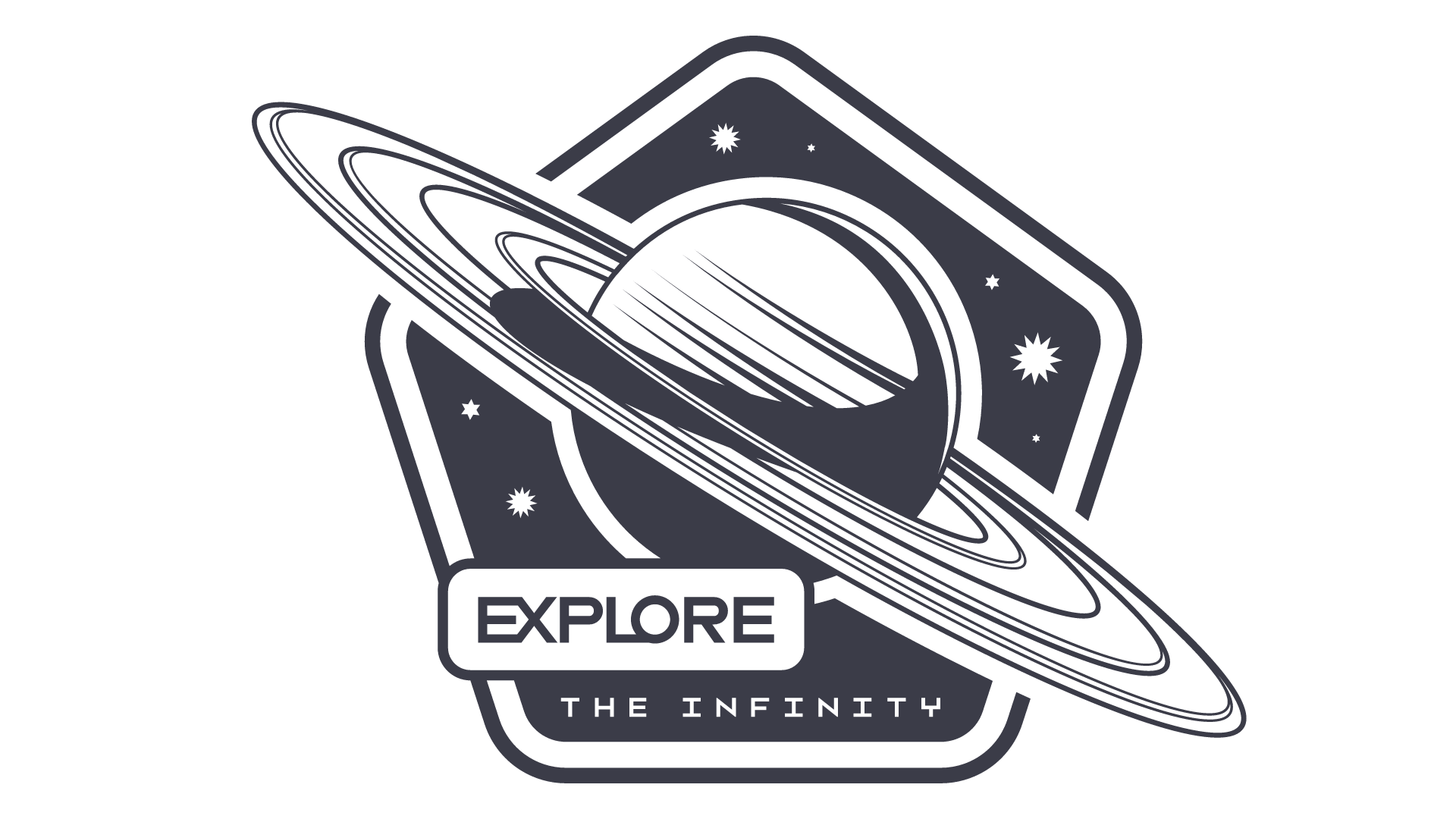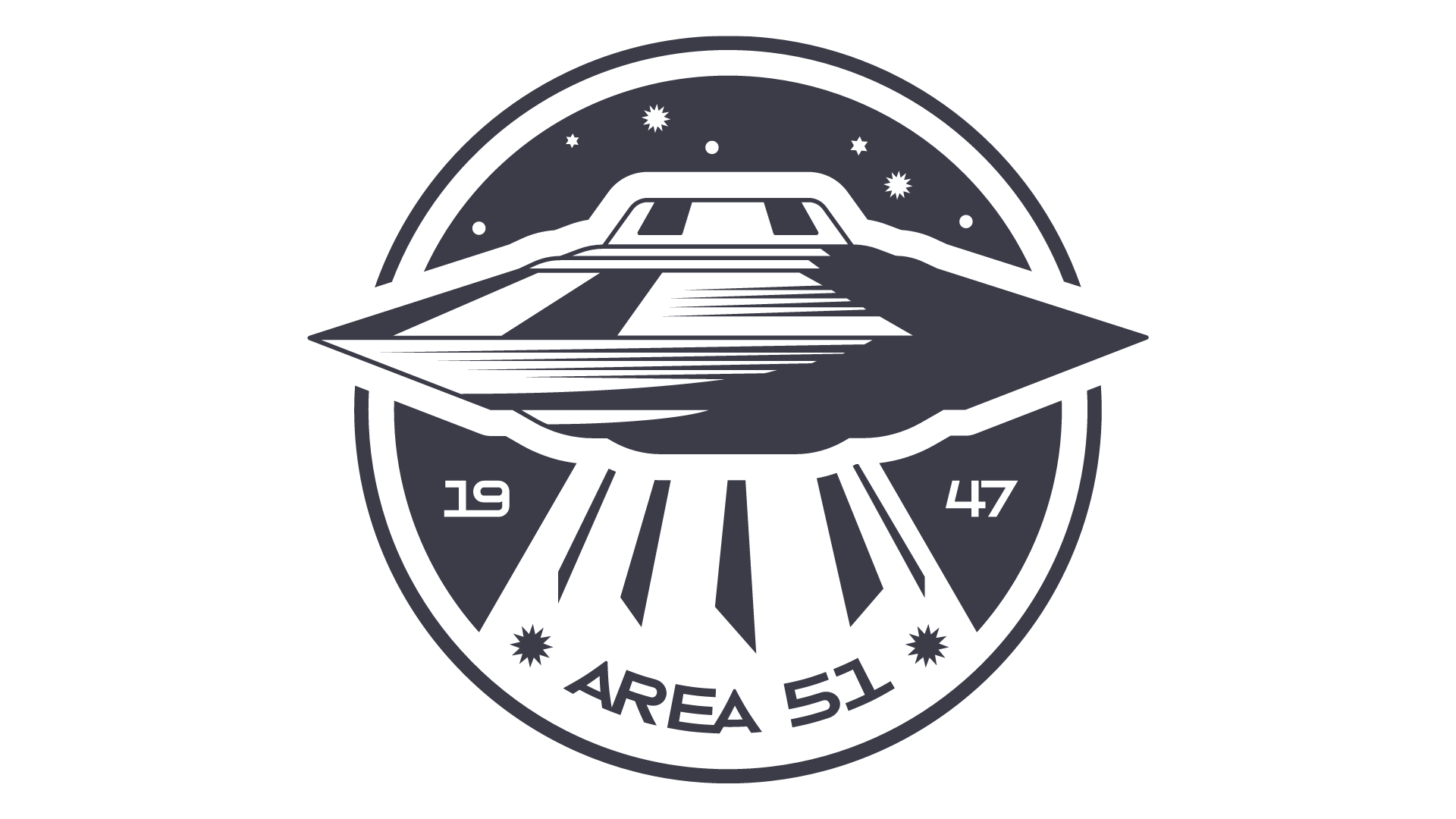Education
The support we provide

Working on yourself
Wellbeing and mental health are key to succeed

Institutions and academic success
Find out where and how to study astrobiology

Discover your potential
Courses and volunteering can add to your profile
Working on yourself
Working on yourself is the first step towards wellbeing and achieving your most desired goals. Despite we usually don’t see the need of looking after ourselves, you should work on you, for you. Here are four reasons why.
- The best way of predicting your future is to create it: you are now the foundations of your future.
- You deserve to treat yourself well. Failing is acceptable, and tomorrow will be a better day.
- Every single step you take now is getting you closer to your goals.
- This will only work if you feel comfortable about yourself. And If not, now it is time to try to change it.
Stress and anxiety are two of the main mental and wellbeing issues that students suffer from.
Constant worrying can take a heavy toll, and even though you hate feeling like a nervous wreck, it can still be so difficult to stop. However, there is light at the end of the tunnel. Usually, talking about your worries, interrupting the worry cycle, distinguishing between solvable and unsolvable worries or even practicing mindfulness usually helps.
Living with high levels of stress equals putting your entire well-being at risk. It perturbs your equilibrium and narrows your ability to think clearly and enjoy life. Yet, you have more control over it than you might think. The ultimate goal is a balanced life, with time for work, relationships, and fun, and the resilience to hold up under pressure and meet challenges head-on.
Emotional intelligence is all about how we respond to our and other’s emotions. It helps you build stronger relationships, succeed at school and work, and achieve your goals.
A key component is understanding how what people appear to be feeling on the surface is often not the whole story. If you can learn how to spot reactions like these you are well on your way to becoming more emotionally intelligent. Another key aspect is learning how to control your own emotions depending on the situation.
To sum up, it is defined by self-management, self-awareness, social awareness and relationship management.
Fear of failure can hold you back from pursuing your (astrobiology) dreams. It’s something we all face, so the question is: how to overcome it? Simple: by working on your self-confidence. Self-confident people value themselves and trust their own judgement, but also acknowledge their failures and mistakes and learn from them.
It is vital, yet many people struggle to find it, and it can even be a vicious cycle. Confident people inspire confidence in others, and gaining others’ confidence is one of the key ways to success. To appear more confident, try to project a positive image with effective body language, face to face communication and meeting short-term challenges.
It is valid to be low in self-confidence, but you should try to regain control on it. Short-term action can fix immediate issues with your self-confidence, but longer-term confidence-building needs more fundamental action. This can involve introducing changes to your lifestyle by building confident habits and making robust plans for the future by reviewing past achievements.
Discover your potential
Most students do not know what it takes to be a successful college student. They know the difference between good and bad grades, but there is so much more to being a successful college student.
Successful students are responsible, organised and active, have educational goals, ask questions and know how to study. How!? All you need to do is be more proactive and have good habits! The things you do on a regular basis will separate you from the more unorganized, scattered, and struggling students.
These are a few steps you can take to academic success:
- Set goals
- Have a positive attitude
- Effectively manage your time
- Read textbooks and course readings
- Attend your lectures
- Prepare consistently for your exams
Being organized allows you to quickly find anything that you need, whether it’s a contract you signed yesterday or an email you received two years ago. A time management plan helps you to break down large goals into smaller, easily achievable tasks and forces you to complete those tasks on schedule. It helps you to progress in a linear fashion towards meeting a goal.
In order to improve your time management skills, try to delegate tasks, prioritize work, create a schedule and set up deadlines, avoid multitasking, start early, avoid procrastination, take breaks and learn to say no!
Effective studying starts with the right attitude—a positive outlook can shift studying from a punishment to an opportunity to learn. Studying is an ongoing process, and you should be constantly improving your study skills to better understand what works. Some of the secrets to study effectively are organisation, proactivity, making a study plan, or studying in short bursts.
Astrobiology is a very interdisciplinary field, but this breadth and diversity are exactly what makes it so exciting! It can be approached from very distant fields, because in the end, they all have a bit of astrobiology in them. You should choose a field that really excites you and that you are passionate about, as it will be the base of knowledge that you will build upon.
If you are a science enthusiast, you could study any STEM subject, such as Physics, Astronomy, Biology, Chemistry or Geology. However, astrobiology is not only about bugs and molecules. Being into Philosophy or History is not against having an interest in life in the universe!
If you are a student at UoM, they offer an optional unit, available for all students: Are We Alone? The Search for Extraterrestrial life. Here they explore this fundamental question by addressing all its aspects and implications.
Since modern astrobiology is a relatively new field, there are very few dedicated degree programmes. However, their number is increasing, and some of them are well consolidated! Check out in our map where astrobiology is taught for undergraduate and masters students.
And of course, while you study your degree, you can still further educate yourself in astrobiology. Signing up for a related course, reading some books, attending our events, looking for undergraduate opportunities, or thinking about graduate studies are just a few examples – and there are way more!
Unsure where to begin? Don’t worry, we got your back! Take a look at the next section or at the careers page to learn more about how to discover your potential and what is hidden beyond your degree.
Explore our map of institutions
Discover your potential
Hard skills are abilities that let you tackle job-specific duties and responsibilities, and can be learned through courses, training, and on the job. They are focused on specific tasks and processes such as the use of tools, equipment, or software. In a general way, astrobiologists may need programming skills, lab and research skills, analytical skills, IT skills, or management skills.
On the other hand, soft skills are a set of interpersonal transferable (not job-specific) skills important for success in the workplace, which cannot be taught or tested. It’s thanks to soft skills that team members are able to effectively collaborate with each other and achieve synergistic results. They comprise common sense, interpersonal skills, emotional intelligence, character traits as well as communication skills among others.
Aside from these, showcasing the languages you speak, your hobbies or the specific astrobiology topics that interest you, are always a plus! These will help you sell yourself, and can also be boosted by achievements and awards that show you have gone beyond expected to deliver positive results and in recognition to these.
Volunteering is a great way to enhance your University experience, make new friends and become part of the local community. However, regardless of your motivation, you will find volunteering both challenging and rewarding. You will also gain a wide range of skills which will look great on your CV when you start job hunting. Volunteering can also be a route to employment, or a chance to try something new which may lead to a career change.
Volunteering is also a key component of the Stellify Award, the UoM’s most prestigious extra-curricular award available for all undergraduate students. Stellify means ‘to change, or be changed, into a star’. University wants us to Stellify through a range of transformational academic and extracurricular activities, helping us to stand out and make a difference to the world.
If you’re looking for opportunities within astrobiology, you should check out our volunteering section! We are always looking for enthusiastic volunteers to join our team. If you’re a UoM student, you could also nominate yourself to be a member of our committee next year!
The entrepreneurial mindset enables you to overcome challenges, be decisive, and accept responsibility for your outcomes. It is a constant need to improve your skills, learn from your mistakes, and take continuous action on your ideas.
Entrepreneurship involves decisiveness, confidence, accountability, resilience and humility. The biggest killer of entrepreneurs is not failure, but doubt – in ourselves, our surroundings, and our abilities. That’s why you have to learn to master your inner game.
The most common entrepreneurial models are small businesses, scalable start ups, large companies and social entrepreneurships. These also apply to astrobiology! Companies such as SpaceX, Blue Origin, SETI Institute or Breakthrough Initiatives. These companies perfectly combine entrepreneurship and astrobiology. Will you be part of the change too?
These extra courses are ideal for anyone who wants to further their education, even if you are already at uni. This is especially important for aspiring astrobiologists, who cannot take a degree in astrobiology but want to access to a quality education and develop some skills within the field. They are convenient, use the latest technology, allow you to access world-leading institutions and academics, and are fully flexible and accessible.
We have partnered with Coursera, the world’s biggest provider of MOOCs (Massive Open Online Courses), with more than 40 million registered users, to deliver you the best astrobiology online courses. Coursera has transformed the online education space by helping people mastering specific career skills, allowing anyone to access the world’s best education from anywhere, and transforming people’s lives through education.
Check out our curated list of astrobiology courses below!
Explore our selected astrobiology courses
Astrobiology and the Search for Extraterrestrial Life
You will get to learn the foundations of the origin and evolution of life and the search for life beyond the Earth in just 5 weeks!
Astronomy: Exploring Time and Space
Interested in learning more about modern astronomy and the most recent astronomical discoveries? Then this is for you!
The Evolving Universe
Get to know the universe and its constituents, including planetary systems, stars, galaxies, black holes, quasars, and the universe as a whole.
Imagining Other Earths
Learn about astronomy, biology, and planetary science to invent your own solar systems and speculate about life in the universe.
Data-driven astronomy
Astronomical knowledge needs analyzing, so in this course you will learn how to work with algorithms and how to use your data with Python 3
Highlights of modern astronomy
If you want to know more about the universe and life in the universe, this course will help you a lot!
The special theory of relativity
If you are curious about Einstein and want to know more details about his theory, this course will be of help!
Astrobiology: exploring other worlds
If you are obssessd with life on other planets, this course will help you to learn more about exoplanets.
Astrotech: behind astronomical discoveries
Science and technology has helped astronomies a lot, and with this course you will understand how.
Astro 101: Black holes
Black holes are mysterious for almost everyone and knowing more about them seems like an adventure. Learn more in this course!
The universe, solar system, earth, life
Here you will learn about the evolution of life form Big Bang to the origin of the solar system with deep insights into universe.
Analyzing the universe
If you want to have a real project with real data from NASA, in this course with DS9 you can learn how to analyzie data with real data





